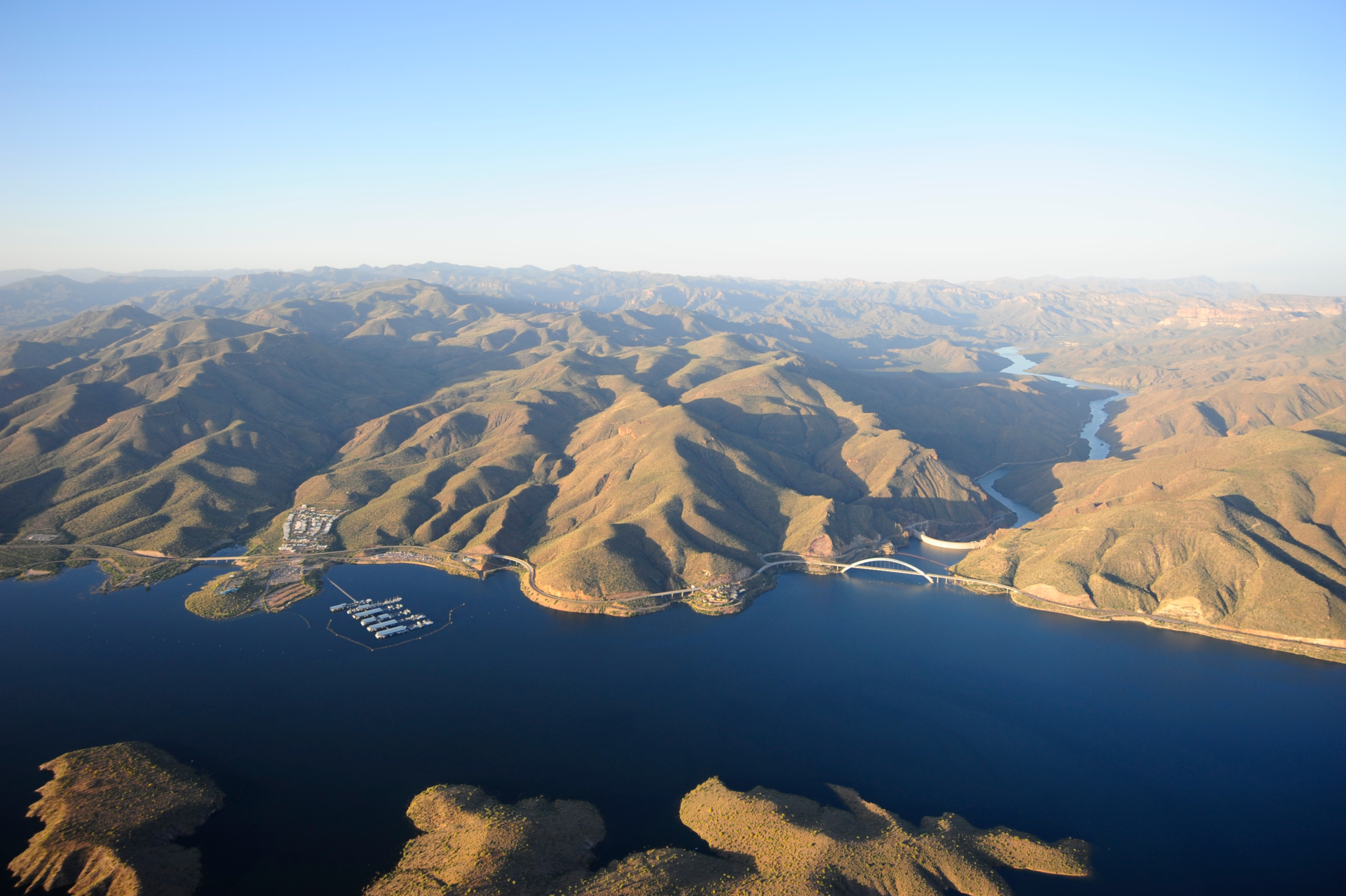Arizona is doing a lot of things well. Our economy is growing and diversifying at one of the fastest rates in the nation. We recovered jobs lost during the pandemic before almost any other state, and unemployment has fallen to its lowest rate in nearly 50 years.
Businesses and new residents are moving here in droves to take advantage of the pro-growth policies we’ve adopted to make Arizona one of the most competitive and attractive places in the country to invest, expand and create jobs.
With the economic development pipeline full and showing no signs of slowing, we have reason to be optimistic. But we can’t be overconfident. Mother Nature is humbling us.
Our growth can only be sustained so long as we have a water supply that can support it. Now is the time to secure Arizona’s water future.
READ ALSO: Here’s how Arizona developers balance growth with protecting water assets
At a hearing last week of the U.S. Senate Committee on Energy & Natural Resources, Bureau of Reclamation Commissioner Camille Touton testified to the several substantive steps her agency has taken to mitigate the effects of the ongoing drought.
But she made plain that more must be done. “In the Colorado River basin more conservation and demand management are needed in addition to the actions already underway. Between 2- and 4-million-acre feet of additional conservation is needed just to protect critical levels in 2023,” she said.
The state Legislature and Gov. Doug Ducey have met earlier calls to respond.
For example, the governor and Legislature came together in 2019 to adopt the Drought Contingency Plan, which allowed Arizona to join with the other Colorado River Lower Basin states to conserve additional Colorado River water.
Late last year, the Arizona Department of Water Resources and its counterparts in Nevada and Southern California entered a memorandum of understanding dubbed the 500+ Plan, in which the agencies agreed to keep an additional 500,000 acre-feet of water in Lake Mead through 2023, enough water to serve 1.5 million households per year.
Last year’s budget package included more than $200 million in water infrastructure funds, including $160 million for a new Drought Mitigation Revolving Fund.
But as the recent hearings made clear, there will be less Colorado River water in our future. There is an immediate and critical need for action to finance and secure reliable water supplies for Arizona’s rural, urban, and tribal water users, the economy, and the environment – now and into the future.
An inspiring example
We’re not the only high-growth economy in an arid desert environment confronting the challenge of water security. As I learned from a recent trip to Israel as part of a delegation led by Gov. Doug Ducey, Israeli water technology and that country’s success making the once unimaginable possible has much to teach Arizona.
The five-day trip included a visit to a desalination plant, which can turn salty water from the Mediterranean Sea into potable water in a matter of hours. I had a glass, and the taste was indistinguishable from any other drinking water source.
The opportunity to see how Israel has made desalination a reality to secure the country’s water future was fascinating and inspiring, and I am confident that the future of Arizona’s water security has arrived.
A crucial point in history
Arizonans strongly support the governor’s conservation and augmentation plan. They know action can’t wait. According to a recent poll by Data Orbital, 86% of Arizonans say they are either very or somewhat concerned about Arizona’s water supply, with nearly the same percentage saying they believe “substantial investments in water conservation right now are key to Arizona’s economic well-being for the next five years.” More than 90% of respondents said it is important for the state Legislature to address the state’s water issues.
If the Legislature doesn’t act, it invites greater federal intervention into Arizona water policy.
As Commissioner Touton testified, “It is in our authorities to act unilaterally to protect the system – and we will protect the system. But today we are pursuing a path of partnership. We are working with the states and tribes in having this discussion. I have the faith and confidence of a century’s track record in reaching a consensus solution. But faith alone is not enough. We need to see the work. We need to see the action.”
We are in the legislative session’s waning days. The Legislature in 2022 has already accomplished much to solidify Arizona’s competitive standing, but there remains an urgent task – investing in Arizona’s water future and creating the structure to protect that investment.
Arizonans want the Legislature to secure the state’s water future this year and set Arizona on a course for success for generations to come. It’s time, as Arizona Department of Water Resources Director Tom Buschatzke said in reaction to the Senate hearing, to “do whatever it takes.” It’s time to act.
Danny Seiden is the president and CEO of the Arizona Chamber of Commerce & Industry.




